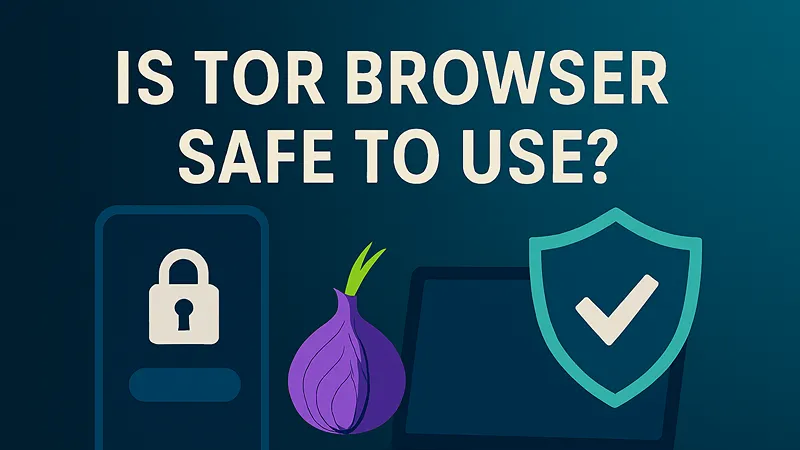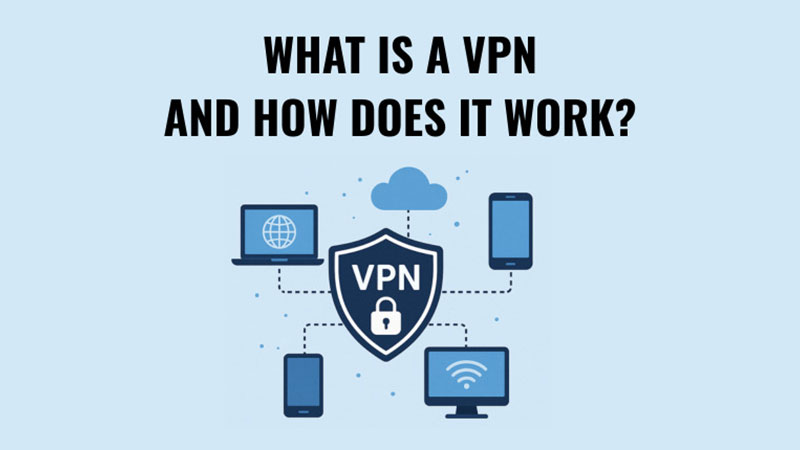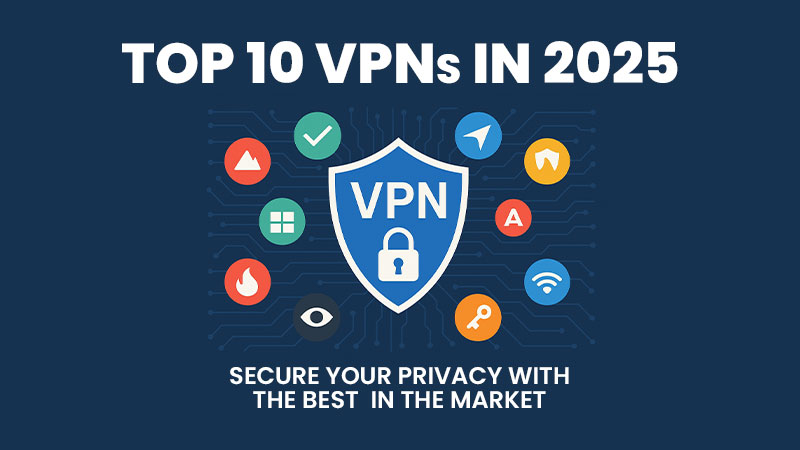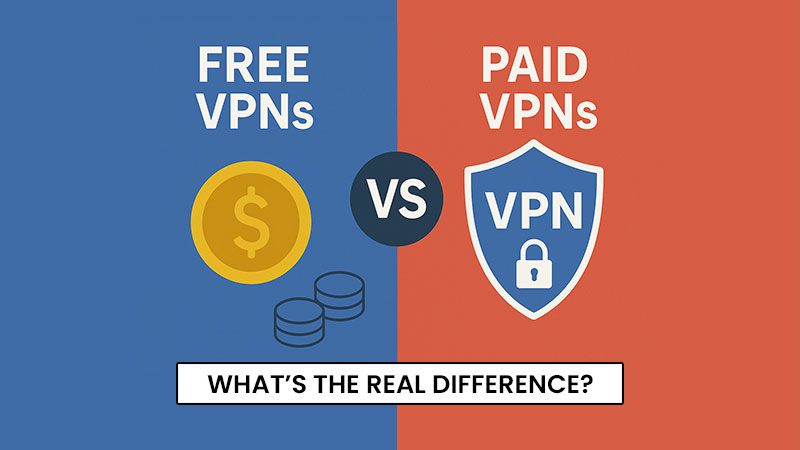When it comes to online privacy, Tor Browser is often one of the first tools people hear about. Built on the idea of layered encryption, it’s designed to shield users from surveillance, government censorship, and invasive tracking by internet service providers or advertisers. Tor is widely known for allowing anonymous browsing and providing access to both the public internet and hidden sites that cannot be reached with standard browsers. However, its reputation for being linked to the dark web sometimes makes new users question its safety and legitimacy. So the big question arises: Is Tor Browser safe to use? In this guide, we’ll break down how it works, its advantages, potential risks, and the best practices for using it securely.
What Is Tor Browser?
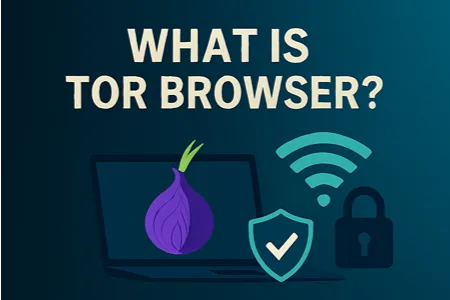
Tor (short for The Onion Router) is a free, open-source browser that routes your internet traffic through multiple servers (called nodes or relays). Each relay peels away one layer of encryption, much like peeling an onion, making it nearly impossible for anyone – whether it’s a hacker, government, or ISP — to trace your browsing back to you.
Unlike regular browsers such as Chrome or Firefox, Tor is specifically designed to enhance privacy and anonymity rather than speed or convenience. It’s a tool often favored by journalists protecting sources, activists in censored regions, security researchers, and everyday users who simply value their privacy. Tor also enables access to .onion sites – websites that exist only within the Tor network – which can range from whistleblower platforms to hidden forums.
In short, Tor is not just another browser; it’s a powerful gateway to anonymous communication, making it invaluable for those who need to keep their digital footprint hidden.
Is Tor Browser Safe?
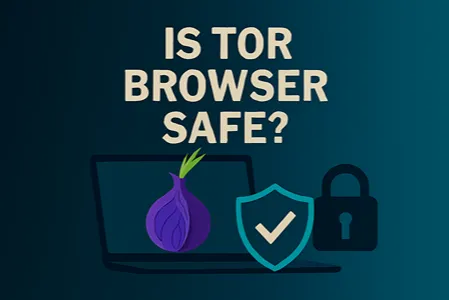
The answer is yes, but with some conditions. Tor Browser itself is considered safe because it is maintained by the non-profit Tor Project, regularly audited, and updated with the latest security patches. However, like any privacy tool, its effectiveness depends on how it’s used.
Tor provides a high level of anonymity by bouncing your traffic through multiple relays worldwide. This process protects you from surveillance and makes it difficult to trace your online actions. That said, Tor does not encrypt your traffic once it leaves the last relay (exit node). This means if you’re visiting a site that doesn’t use HTTPS, your data can potentially be intercepted.
Additionally, while Tor hides your IP address, it cannot protect you if you reveal personal details, use weak passwords, or log into accounts linked to your real identity. For this reason, Tor is best used with smart browsing habits and, ideally, alongside a VPN for added protection.
Benefits of Using Tor Browser
- Strong Anonymity – Your traffic passes through multiple relays, making it nearly impossible to trace.
- Access to Blocked Content – Tor allows you to bypass censorship and access restricted websites.
- Free to Use – Unlike many VPNs or privacy tools, Tor is completely free.
- Regular Updates – The Tor Project continuously patches vulnerabilities.
Risks and Limitations
- Slow Speeds – Because your traffic bounces through several relays, browsing can be slower.
- Not 100% Secure – If you log into personal accounts, your identity can still be revealed.
- Malicious Exit Nodes – Some relays may monitor traffic, especially if you visit non-HTTPS sites.
- Dark Web Risks – While Tor gives access to the dark web, not everything there is safe or legal.
How to Use Tor Browser Safely
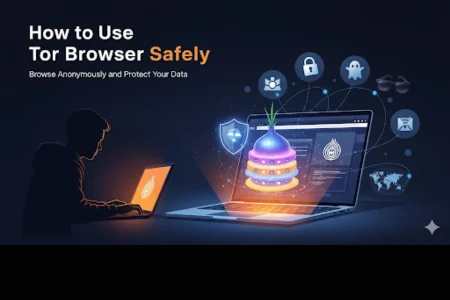
Using Tor responsibly is just as important as installing it. If you want to maximize your safety while browsing, consider the following best practices:
- Always use HTTPS websites – This ensures your traffic is encrypted after leaving the Tor network, protecting you from malicious exit nodes.
- Avoid logging into personal accounts – Using Tor for Gmail, Facebook, or banking can reveal your identity and defeat the purpose of anonymity.
- Don’t install extra plugins or extensions – Add-ons like Flash or JavaScript-heavy extensions may leak your IP address and compromise security.
- Combine Tor with a VPN – A VPN hides Tor usage from your ISP(Internet service provider) and adds an extra layer of encryption before traffic enters the Tor network.
- Keep Tor updated – Updates often include critical security patches, so never delay installing them.
- Be cautious with downloads – Files downloaded via Tor could contain malware. Always scan files and avoid opening them while connected to the internet.
- Use bridges if Tor is blocked – In countries where Tor traffic is restricted, bridges can help bypass censorship and maintain access.
By combining these habits with Tor’s built-in anonymity, you can significantly reduce risks and browse more securely.
Difference between Tor and VPN services
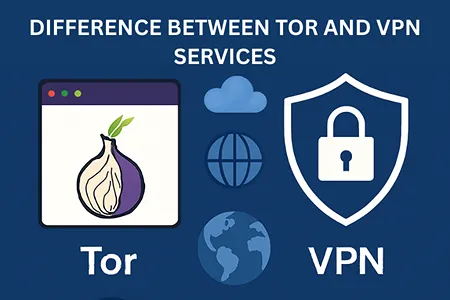
While both Tor and VPN services are designed to enhance privacy, they function in very different ways. A VPN (Virtual Private Network) routes your internet traffic through a single secure server, encrypting all data between your device and that server. This masks your IP address from websites and hides your browsing activity from your ISP. VPNs are typically faster than Tor, making them ideal for streaming, gaming, or general secure browsing.
On the other hand, Tor routes your traffic through multiple volunteer-run relays across the world, adding layers of encryption at each step. This makes it much harder to trace activity back to you but results in slower speeds. Tor is particularly useful for anonymity, bypassing censorship, and accessing .onion websites that are not available on the regular internet.
In practice, VPNs prioritize security and speed, while Tor emphasizes anonymity and decentralization. Many privacy enthusiasts use them together, with a VPN providing an extra shield before traffic enters the Tor network.

